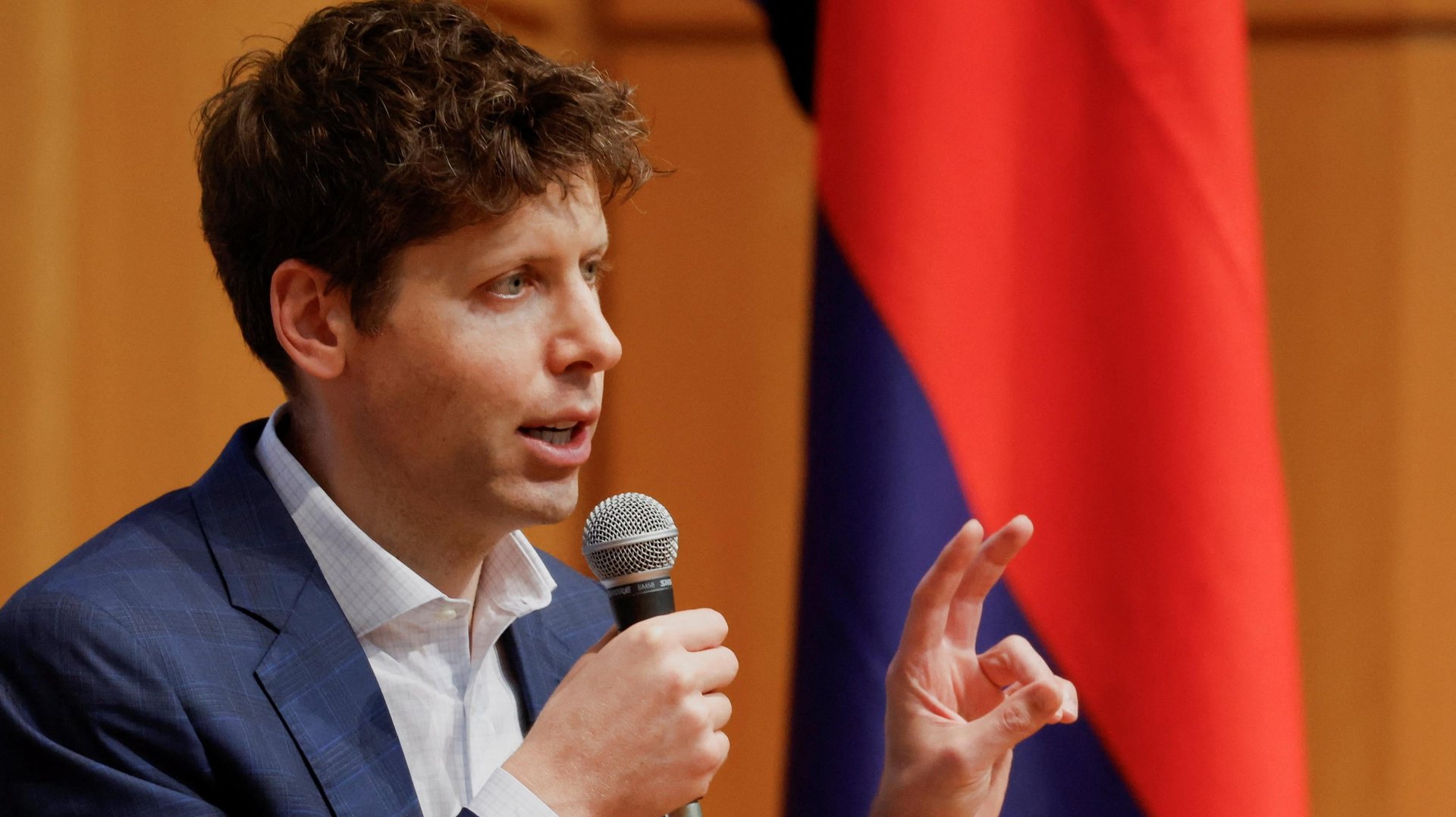Is OpenAI extending an olive branch to creators and writers?
Job postings on establishing relationships with creators and writers have surfaced on OpenAI's career site

Amid a mix of open roles for engineers and data scientists, OpenAI has added a couple of peculiar postings to its career page. Postings for a “writing community specialist” and “creator community specialist” are each focused on acting as an “ambassador for OpenAI” among authors, writers, and content creators—and they may just signal who the ChatGPT maker wants to build relationships with next.
The postings come after the company has been hit with numerous copyright lawsuits raising the question of whether OpenAI is facing public pressure to be on good terms with the content producers whose work has been used to train the AI models that power chatbots.
The person hired for the writing community specialist role will be responsible for “establishing relationships with and gathering meaningful feedback from writers and authors,” the job posting reads. The role will also involve leading workshops to familiarize writers with OpenAI’s tools and collaborating on the company’s marketing campaigns.
For the creator community specialist, the job posting (which was taken down as recently as this week) states that its hire will establish relationships with creators on YouTube before expanding to Instagram and TikTok. Like the writing specialist role, the creator specialist is expected to lead sessions with creators on using OpenAI’s tools.
Generating goodwill and positive PR with these parties could help reduce the interest in companies filing lawsuits against it, James Grimmelmann, a professor of information law at Cornell Law School, wrote in an email to Quartz.
Late last month, the New York Times sued OpenAI and Microsoft for copyright infringement, alleging that millions of its articles were unlawfully used to train chatbots. The lawsuit by the deeply pocketed publishing giant is just the latest one filed against the AI company; groups of writers, artists, and programmers have also filed copyright lawsuits against OpenAI and other generative AI companies over the use of their work without consent or pay.
The job postings further illustrate how much is at stake for OpenAI when it comes to training its AI models on copyrighted materials.
OpenAI will pay up for high-quality data
In a submission to the UK’s House of Lords last month (pdf), OpenAI said it would be impossible to train today’s leading AI models without using copyrighted materials.
“Limiting training data to public domain books and drawings created more than a century ago might yield an interesting experiment, but would not provide AI systems that meet the needs of today’s citizens,” the company added.
OpenAI is also willing to pay up for such labor-intensive data. The AI company has reportedly signed a multiyear licensing deal with Axel Springer, which owns Business Insider and Politico, for tens of millions of dollars; OpenAI is also in talks with dozens of publishers to license their content for its AI chatbot ChatGPT.
Job security?
But the big question of how AI will impact jobs, particularly creative ones, remains. Creators have expressed concern that AI avatars will hurt their businesses, and data shows that freelance writing jobs have declined since the launch of ChatGPT in November 2022.
It’s clear much remains in flux not only with how AI technology will affect writers and creators, but also with the relationship between OpenAI and the humans whose work has been used to feed their machines.
